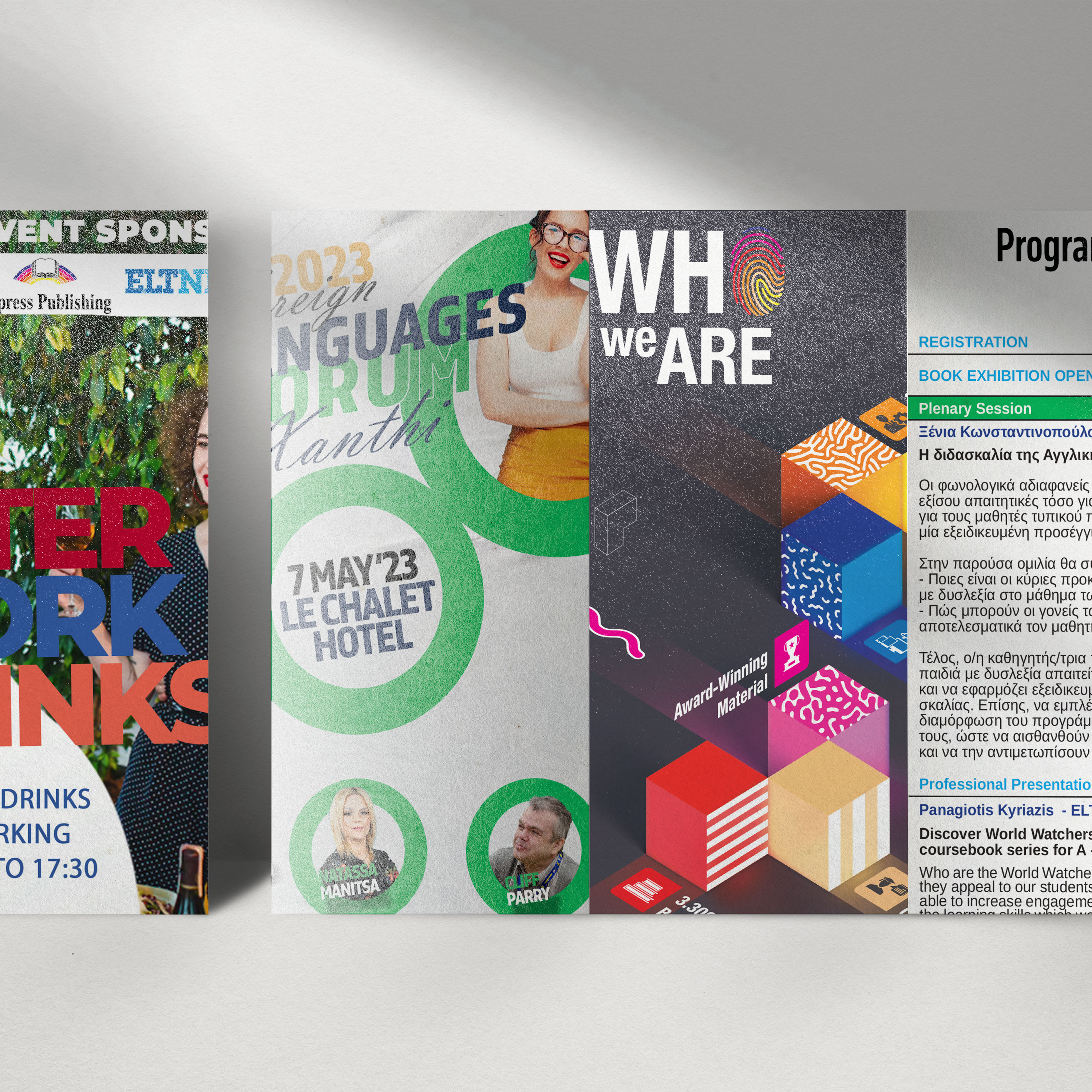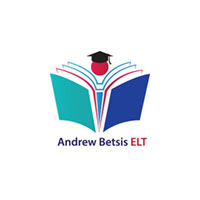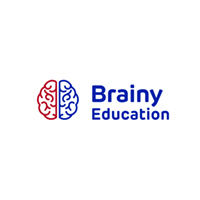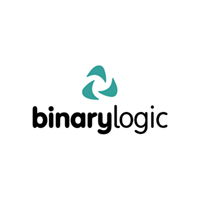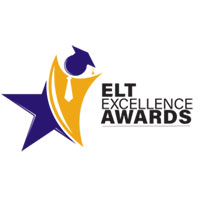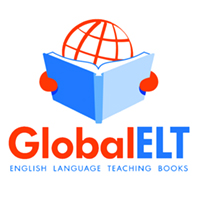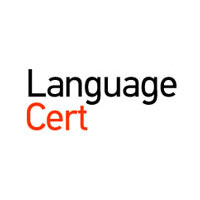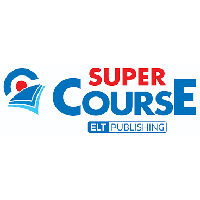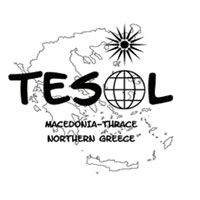The Plenary Speakers
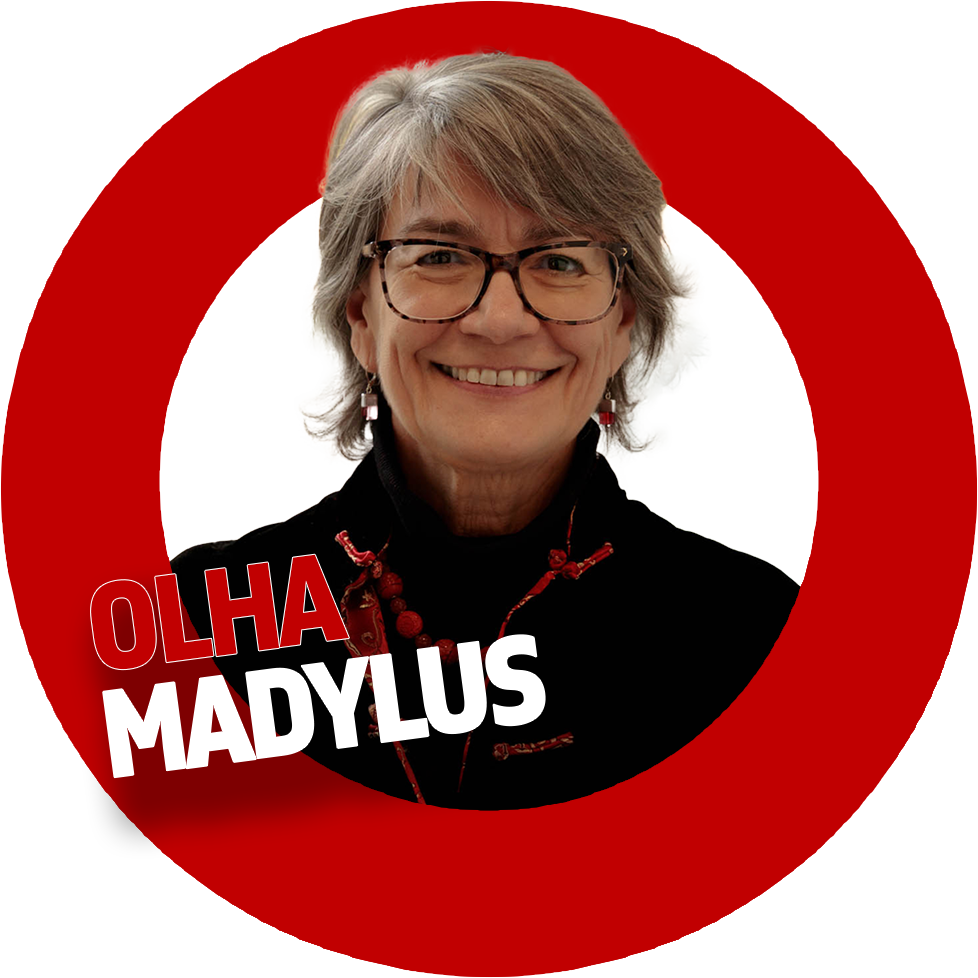
Olha Madylus
Olha has taught in the UK, Hong Kong, Venezuela and Greece, which will always be home to her. She is a freelance author, materials’ designer, consultant and teacher trainer. She is based in London and does global consultation, teacher training and teacher trainer training for organisations such as Cambridge University Press, The British Council and Ministries of Education worldwide. Her main focus is on understanding and motivating learners. She is the author of Film, TV and Music, a photocopiable activities book for teenagers, Cambridge University Press.

Giota Kotsoni
Giota Kotsoni is a Ph.Dc. at Aristotle University in foreign language learning in students with learning difficulties. She holds a MA degree in Special Education (OUC) and a MSc in Neurolinguistics (AUTH). She is also trained in EEG devices and multilingualism (University of Reading, England) and EGG and Eye-tracker devices (KU, Germany).
She is the owner of an inclusive foreign language school for both typical and SEN students. She is also a researcher in the European research program “Digital tools for inclusive foreign language education”.

Robin Walker
Robin has worked in English Language Teaching since 1981. He regularly collaborates with teacher training centres around Spain, with Oxford University Press, Oxford University Press España, Trinity College London, and Servicios y Gestión Educativa.
His main interests are
pronunciation, teacher education, and English for Specific Purposes
(ESP).
The Plenary Sessions
The Magic of the Written Word
The Magic of the Written Word
This presentation explores the complexities of the man-made skills of writing and reading. For example, what our brain needs to do to interpret these squiggles as information, opinions, emotions and how these skills need to be introduced and nurtured by caregivers and teachers.
I will suggest approaches to embed key literacy skills from the youngest classes to further develop these skills with older learners, so that they not only master skills necessary to pass exams but also (dare I say?) learn to enjoy writing and reading. I will also introduce the tactic of genre analysis which can help students navigate a range of texts with greater ease.
Autism Spectrum Disorder
Autism Spectrum Disorder: main characteristics, strategies, and accommodations for students’ communication difficulties in the foreign language environment
First, an understanding of the categorization and main characteristics of ASD is outlined while the main challenges students face are presented.
The second part of the presentation provides
a) a number of strategies and interventions regarding both first and foreign language, and
b) accommodations regarding provision of instructions, feedback and the building of self-esteem to facilitate special students’ comprehension and communication and interaction in the foreign language classroom.
Pronunciation Matters
Pronunciation Matters
2) What matters most in pronunciation? The globalisation of English, the notion of international intelligibility, and the Lingua Franca Core.
3) International intelligibility, the Common European Framework, and the major exam boards (Cambridge, Trinity, IELTS, TOEFL).
4) Models and instructions for teaching pronunciation for international intelligibility.
Sponsored by Express Publishing
The Workshops
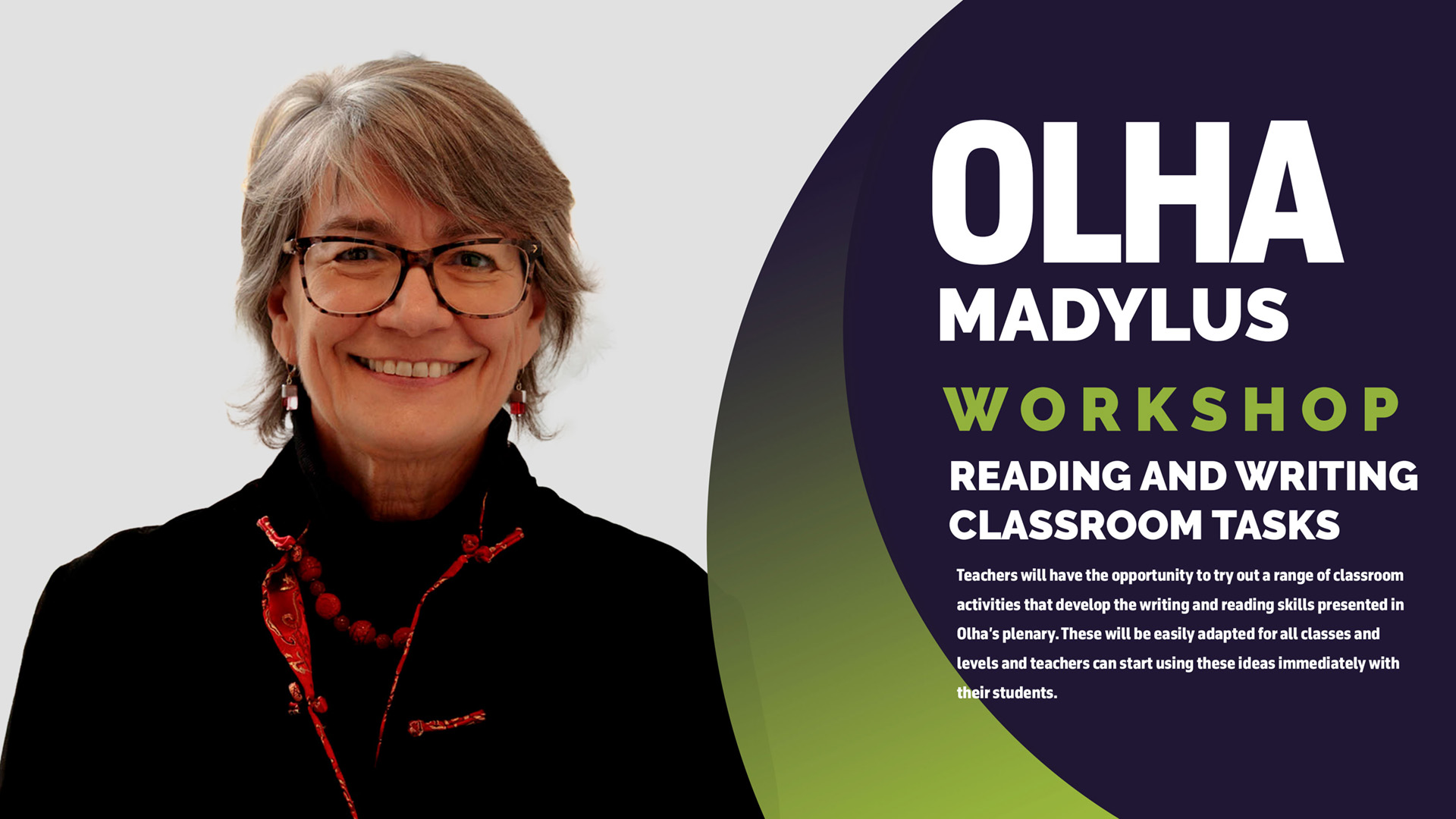
In this workshop, teachers will have the opportunity to try out a range of classroom activities that develop the writing and reading skills presented in Olha’s plenary. These will be easily adapted for all classes and levels and teachers can start using these ideas immediately with their students.

In this workshop we will:
1) Determine teaching priorities – using the Lingua Franca Core we’ll 'filter’ traditional lists of problems and produce a list of top priorities for Greek-L1 learners aiming at international intelligibility.
2) Provide some useful teaching techniques
3) Look whether the learner’s L1 is a resource or an obstacle to good pronunciation.
The Speakers
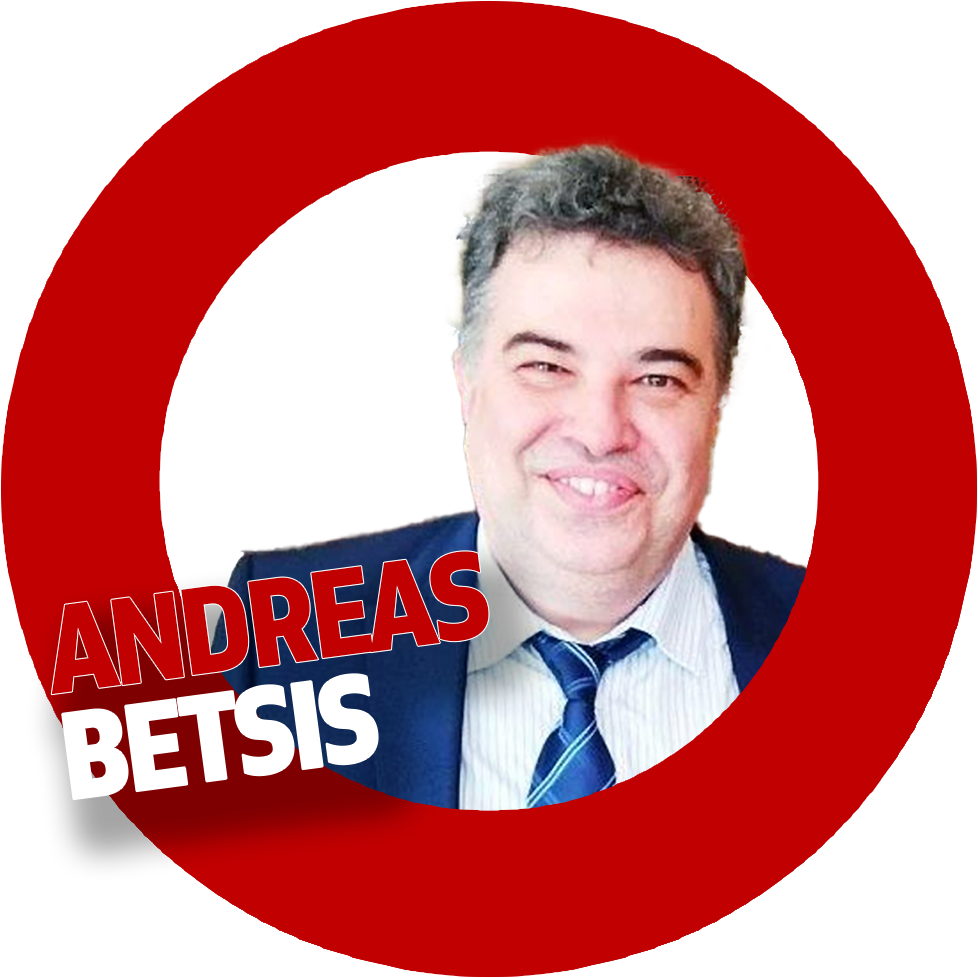
Andreas Betsis
Global ELT - Managing Director
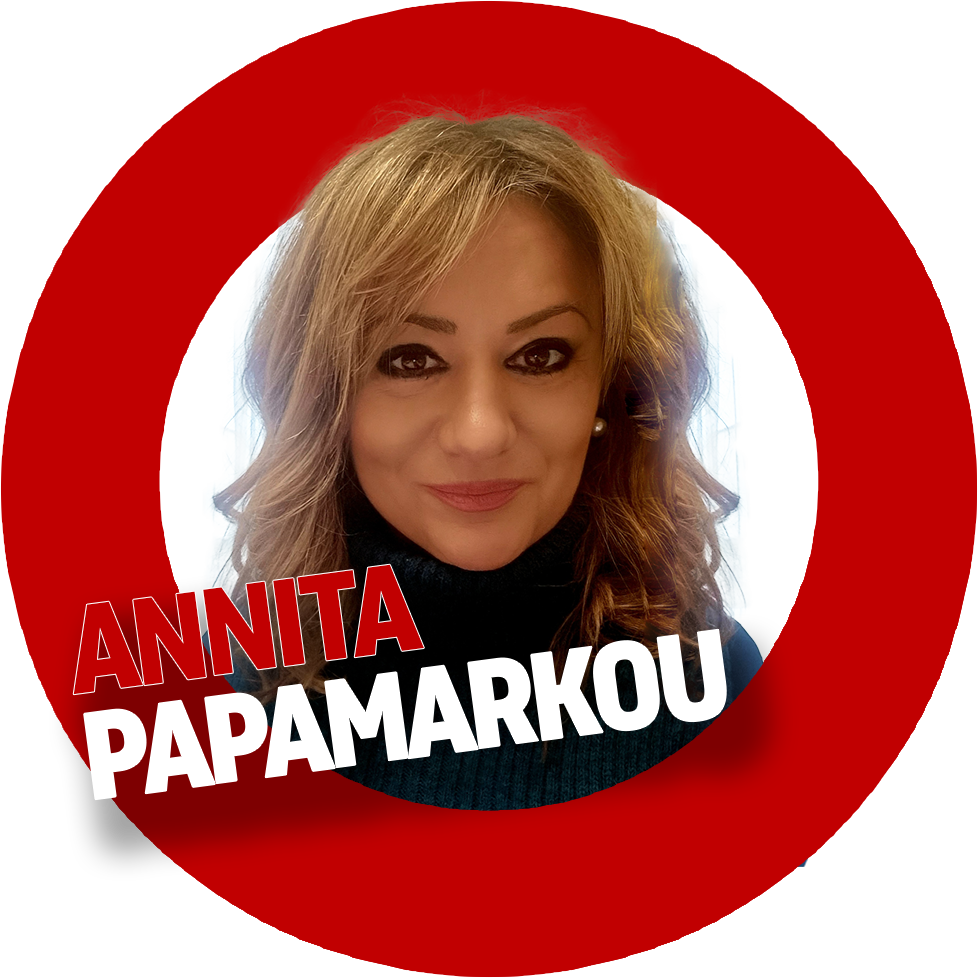
Annita Papamarkou
FLS Owner, teacher specializing (HPD) in Personal Social Health and Economic education and teacher trainer
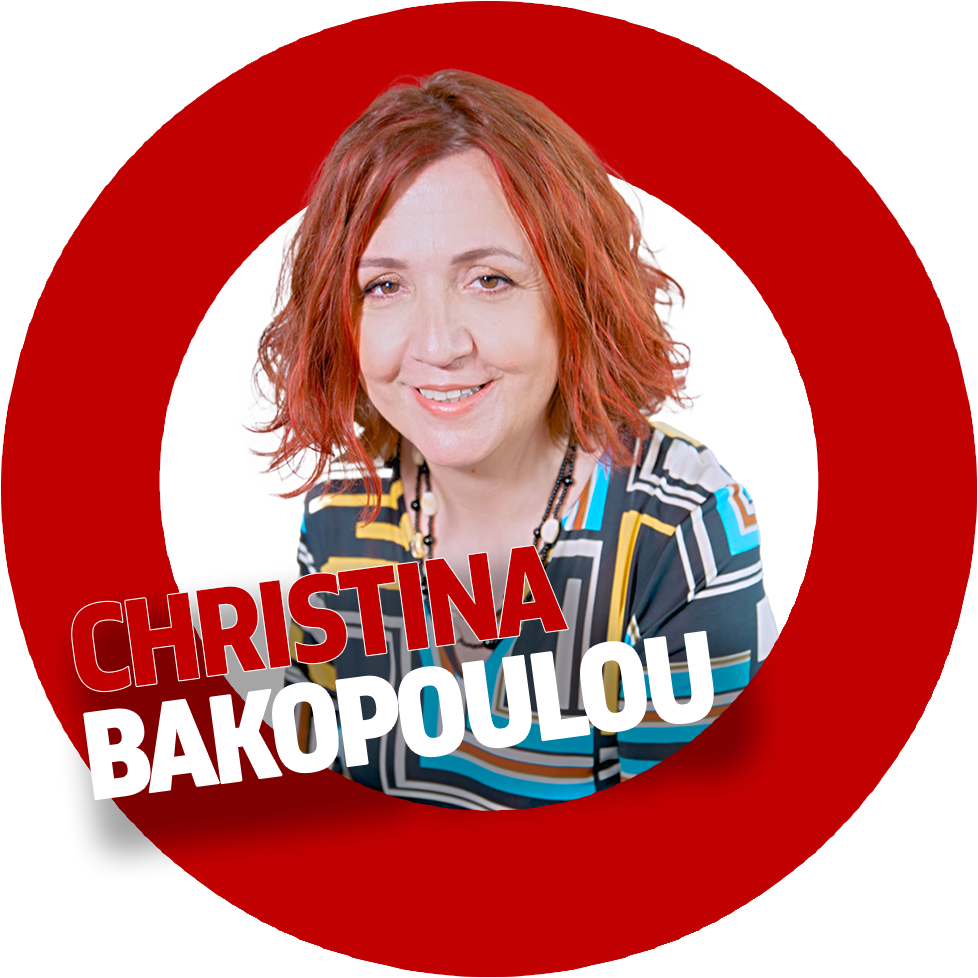
Christina Bakopoulou
Managing Director, Burlington Books
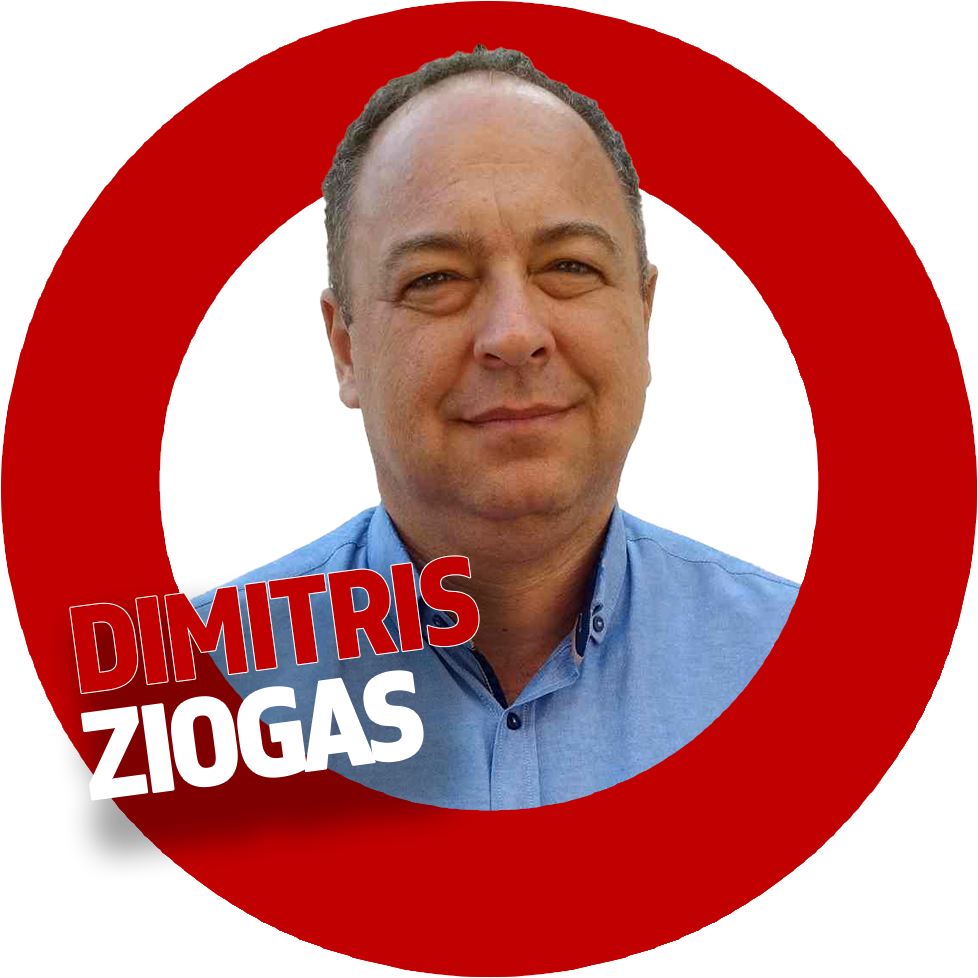
Dimitrios Ziogas
CEO / Founder of Genius Language Centers in Larissa
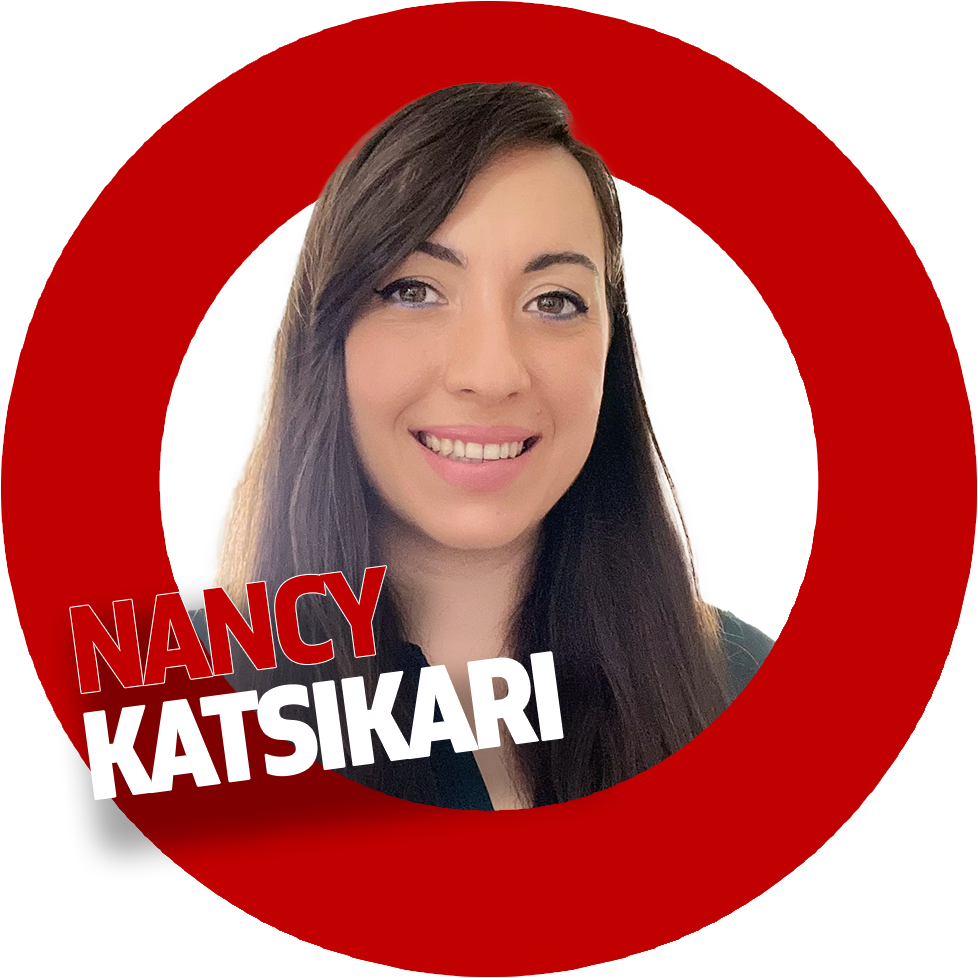
Nancy Katsikari
LanguageCert Academic Consultant

Julie Wallis
Director of The London School. AISLi President and EAQUALS trustee
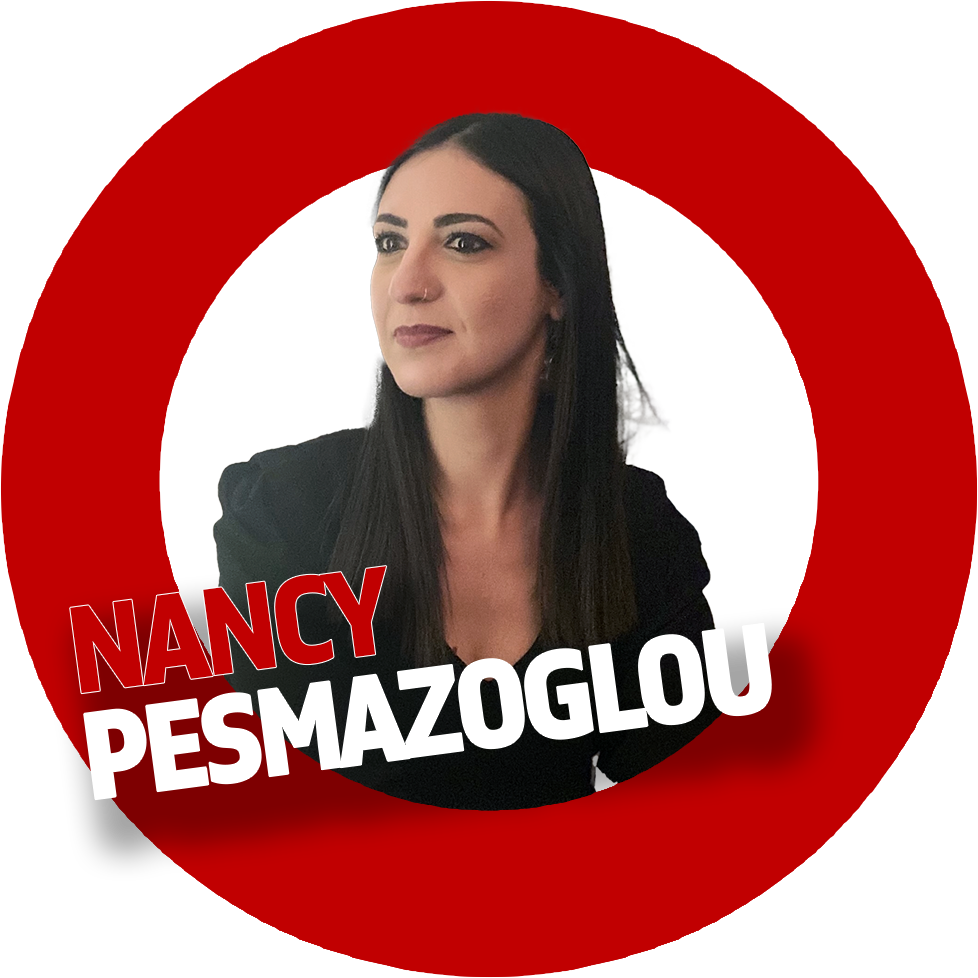
Nancy Pesmazoglou
ELT Sales Consultant, Express Publishing

Konstantinos
Georgakopoulos
BA in English Language and Literature, MA in Medieval and Renaissance Literary Studies
Download the programme
The Book Exhibition
Visit the book exhibition and talk to publishers, ELT Associations, examination boards and online services providers.



